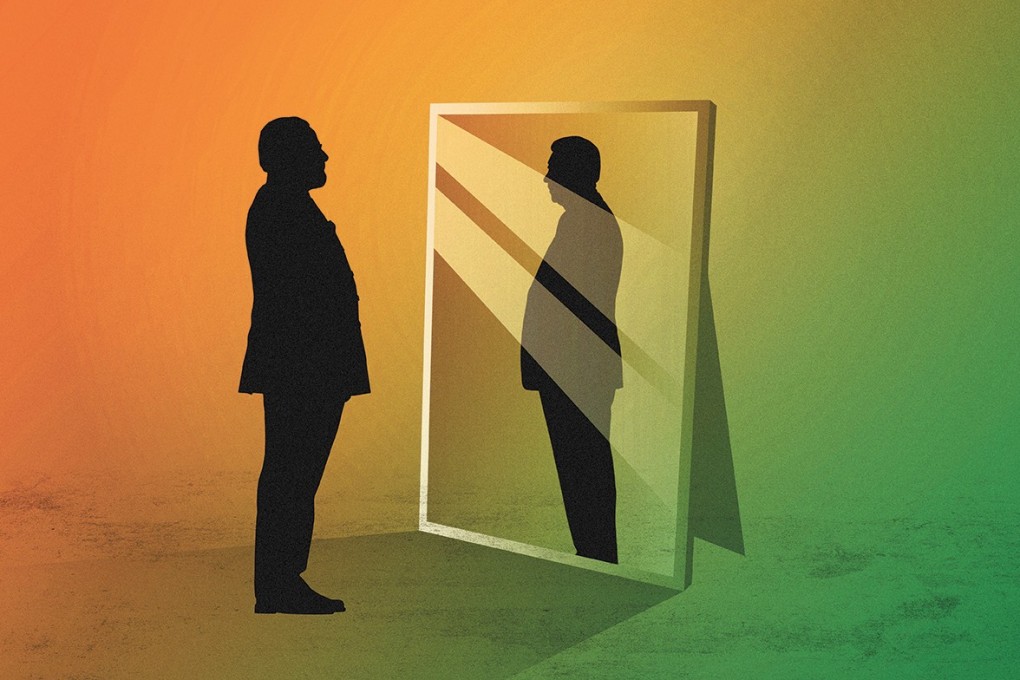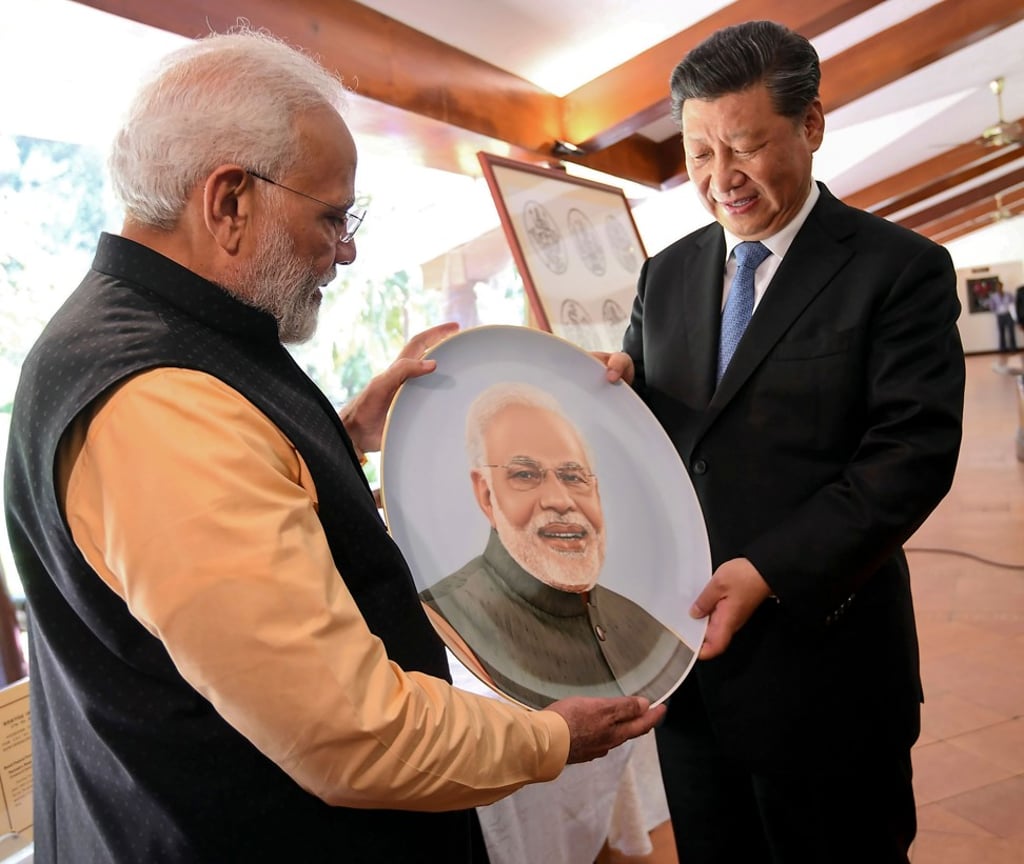Analysis | Modi thinks he is Xi Jinping, but protests show India is not China
- Opposition to India’s new citizenship initiatives challenges the rise of a paramount leader with unprecedented powers
- Attempts to institute a monolithic order run up against India’s political and cultural diversity, and deeply ingrained democratic values

One of the most iconic scenes ever to emerge from Bollywood is a confrontation between a mafia don and his younger brother, a police officer, in a 1975 film called Deewar (The Wall). The two are meeting after they parted ways when Ravi, the police officer, found out that his brother Vijay – whom Ravi thought was a successful businessman – was actually one of the top smugglers in town.
They meet at the same place under an overbridge where they grew up as street children. Vijay wants Ravi to lay off the city’s crime syndicate, Ravi refuses, and an argument breaks out over morals and values, means and ends. Vijay lists all the markers of prosperity that crime has bought him – bungalows, money in the bank, cars, the works – and mocks his brother, asking him to name one precious thing his honesty has got him thus far. There’s a dramatic pause, before the riposte comes: “I’ve got Mother.”
Their mother, who chose to leave her criminal son’s palatial home for her righteous son’s tiny police quarters, is the crux of this familiar Bollywood theme of contest between virtue and wealth in Deewar (remade in 1979 by Hong Kong’s Shaw Brothers in Cantonese as The Brothers, or Cha Yan Daai Liu Bok Meng, and the inspiration for Hollywood’s Slumdog Millionaire three decades later). The mother is the embodiment of – as well as the prize for – virtue. In this tale of good versus evil, all of one’s material acquisitions are immaterial; whoever gets the mother is the real winner in life. Because what do you have if you do not have virtue?
In the depths of the poverty the British left it in – and in the throes of the seismic, sectarian violence that accompanied its birth – independent India’s opting for a pluralist and secular democracy in a land of epic diversity and inequality was one of the most audacious experiments in human history. As historian Ramachandra Guha puts it: “Had the country been a start-up in 1947, not even the most venturesome of venture capitalists would have invested in it.”
